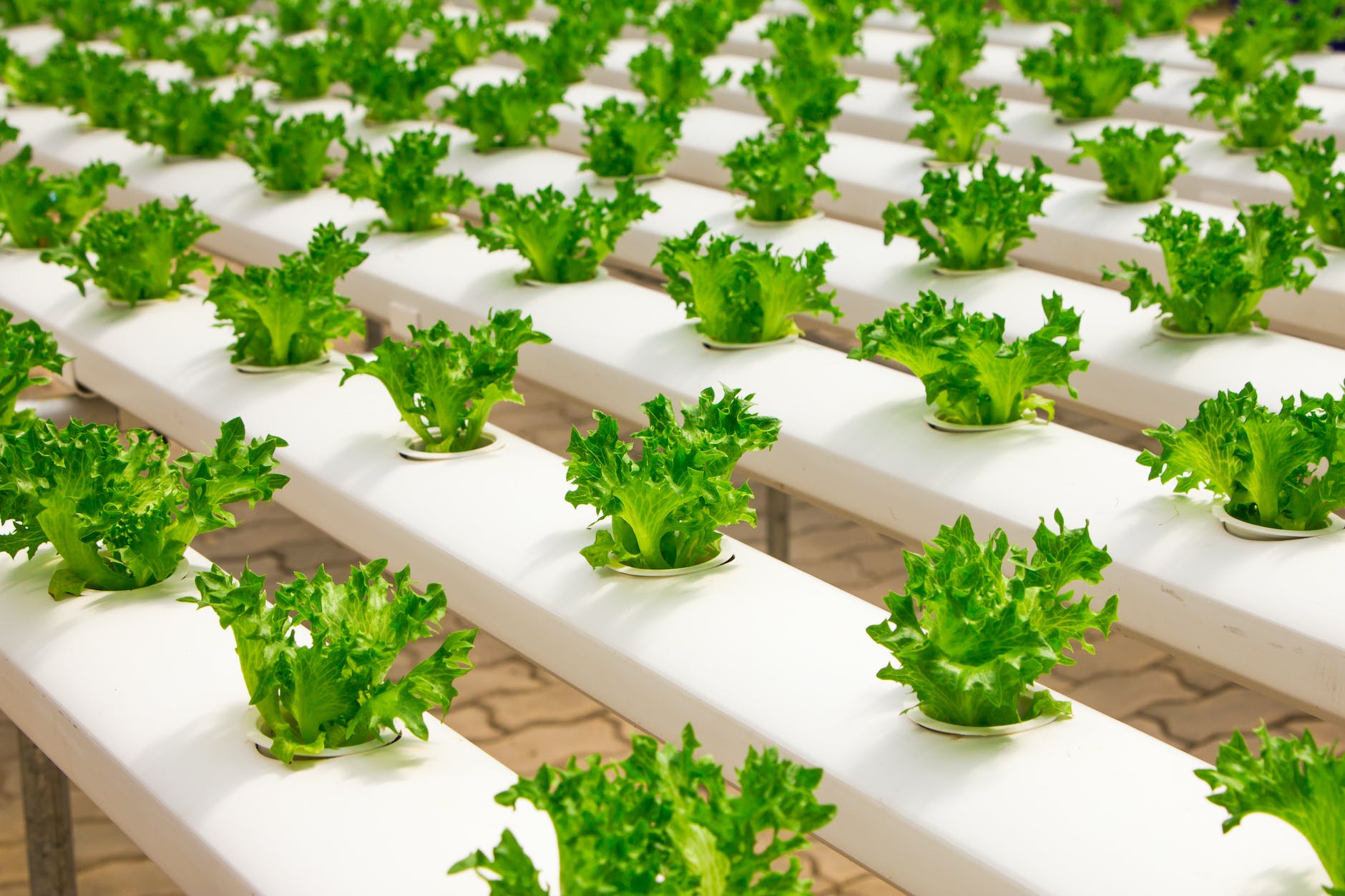The Advantages of Embracing a Plant-Based Lifestyle
Introduction:
In recent years, there has been a notable shift towards embracing a plant-based lifestyle. People are recognizing the numerous advantages of adopting a diet focused on plant-based foods while reducing or eliminating animal products. This article explores the compelling reasons to embrace a plant-based lifestyle, including the health benefits, environmental impact, and ethical considerations. Discover how transitioning to a plant-based diet can improve your well-being, help preserve the planet, and promote compassion towards animals.
Health Benefits of a Plant-Based Lifestyle
- Reduced risk of chronic diseases:
By embracing a plant-based lifestyle, you can significantly reduce the risk of chronic diseases. Research shows that a diet rich in fruits, vegetables, whole grains, and legumes can lower the likelihood of developing conditions such as heart disease, type 2 diabetes, and certain cancers. The abundance of fiber, vitamins, minerals, and antioxidants found in plant-based foods nourishes your body and supports optimal health. - Improved heart health:
A plant-based lifestyle has a positive impact on heart health. By reducing the consumption of saturated fats found in animal products and increasing the intake of heart-healthy plant foods, you can lower cholesterol levels, reduce blood pressure, and prevent cardiovascular diseases. Incorporating foods like nuts, seeds, legumes, and leafy greens into your diet promotes a strong and healthy heart. - Weight management:
If you're looking to achieve or maintain a healthy weight, a plant-based lifestyle can be a game-changer. Plant-based diets tend to be lower in calories and saturated fats while being higher in fiber and water content. This combination leads to increased satiety, improved digestion, and healthier weight loss. By focusing on nutrient-dense plant foods, you can nourish your body while managing your weight effectively. - Increased nutrient intake:
A well-planned plant-based diet can provide all the essential nutrients your body needs for optimal functioning. By incorporating a variety of plant foods into your meals, you can obtain an abundance of vitamins, minerals, and antioxidants. From leafy greens packed with iron and calcium to legumes rich in protein and fiber, plant-based nutrition offers a diverse range of nutrients to support your overall well-being.

Environmental Impact of a Plant-Based Lifestyle
- Reduced greenhouse gas emissions:
Embracing a plant-based lifestyle has a positive impact on the environment by reducing greenhouse gas emissions. Animal agriculture is a significant contributor to climate change, producing substantial amounts of methane and nitrous oxide. By reducing our reliance on animal products, we can lower our carbon footprint and help mitigate global warming. - Conservation of water resources:
A plant-based lifestyle also contributes to the conservation of water resources. Livestock production requires significant amounts of freshwater for animal hydration and feed crops. By choosing plant-based alternatives, we can reduce the strain on water supplies, which is especially crucial in regions experiencing water scarcity. Opting for plant-based meals helps ensure a more sustainable use of this precious resource. - Preservation of biodiversity:
Plant-based lifestyles play a vital role in preserving biodiversity. Animal agriculture often leads to deforestation, as land is cleared for livestock grazing or feed production. This destruction of natural habitats threatens the delicate balance of ecosystems and endangers species. By minimizing our consumption of animal products, we can reduce the demand for land-intensive farming practices and contribute to the protection of biodiversity.
Ethical Considerations
- Animal welfare:
Embracing a plant-based lifestyle is a compassionate choice that prioritizes animal welfare. By choosing plant-based foods, you support a system that minimizes the exploitation and suffering of animals. Factory farming practices often subject animals to overcrowded and inhumane conditions, while a plant-based lifestyle promotes more ethical and humane treatment of animals. - Reduction of animal cruelty:
Transitioning to a plant-based lifestyle actively contributes to reducing animal cruelty. By opting for plant-based alternatives, you support companies that are committed to creating cruelty-free and sustainable food options. With the growing availability of plant-based alternatives, it's easier than ever to make choices that align with your values and promote a more compassionate food system. - Sustainable food production:
A plant-based lifestyle promotes sustainable food production by utilizing resources more efficiently. Rather than using vast amounts of land, water, and feed to raise animals for food, a plant-based diet focuses on feeding humans directly with plant foods. This sustainable approach reduces the strain on resources and supports a more resilient and environmentally friendly food system.
Practical Tips for Transitioning to a Plant-Based Lifestyle
- Gradual transition:
Start by incorporating more plant-based meals into your diet gradually. Begin with Meatless Mondays or choose one day a week to go completely plant-based. As you become more comfortable, gradually increase the number of plant-based meals until it becomes a regular part of your routine. - Educate yourself about plant-based nutrition:
Take the time to educate yourself about the nutritional aspects of a plant-based lifestyle. Learn about essential nutrients, protein sources, and potential deficiencies. Reliable resources such as books, documentaries, and reputable websites can provide valuable information to ensure you maintain a balanced and nourishing plant-based diet. - Experiment with new recipes and ingredients:
Embrace the opportunity to explore new recipes and ingredients. Experiment with a wide variety of fruits, vegetables, whole grains, legumes, and plant-based proteins. Get creative in the kitchen, try different cooking techniques, and discover new flavors that make plant-based meals exciting and satisfying. - Find plant-based alternatives:
Discover the growing availability of plant-based alternatives for your favorite non-vegan foods. From dairy-free milk to meat substitutes and vegan cheeses, there are numerous options to choose from. Explore your local grocery stores and online retailers to find plant-based alternatives that suit your taste preferences and dietary needs. - Seek support from communities or groups:
Joining plant-based communities or support groups can provide valuable support and guidance during your transition. Connect with like-minded individuals, share experiences, and exchange tips and recipes. Building a support network can make your plant-based journey more enjoyable and sustainable.
Conclusion:
Embracing a plant-based lifestyle offers a multitude of advantages for your health, the environment, and animal welfare. By adopting a diet focused on plant-based foods, you can reduce the risk of chronic diseases, improve heart health, manage your weight effectively, and increase your nutrient intake. Additionally, a plant-based lifestyle contributes to the reduction of greenhouse gas emissions, conserves water resources, and supports the preservation of biodiversity. It also aligns with ethical considerations by promoting animal welfare and sustainable food production. Take the first steps towards a plant-based lifestyle by implementing practical tips and enjoy the many benefits it offers to you and the world around you.
Until Next Time
Dominus Owen Markham





1 comment